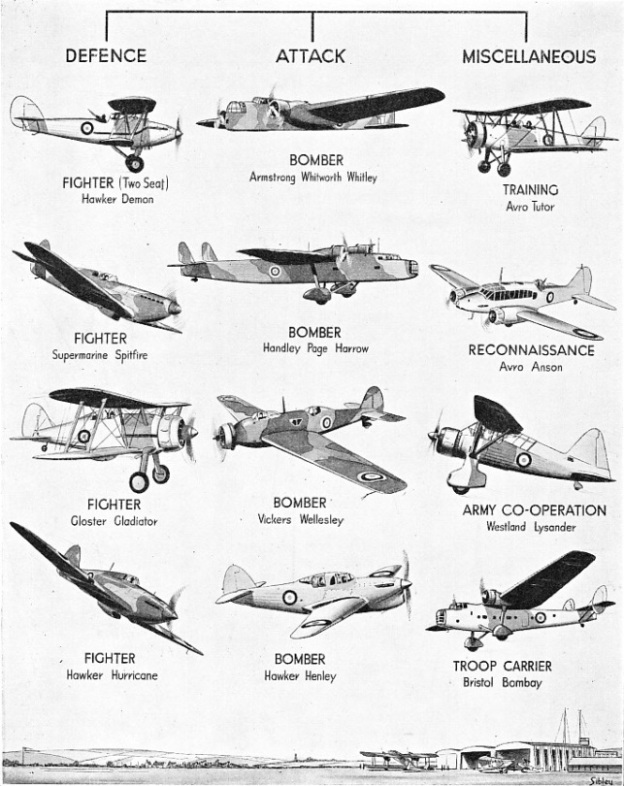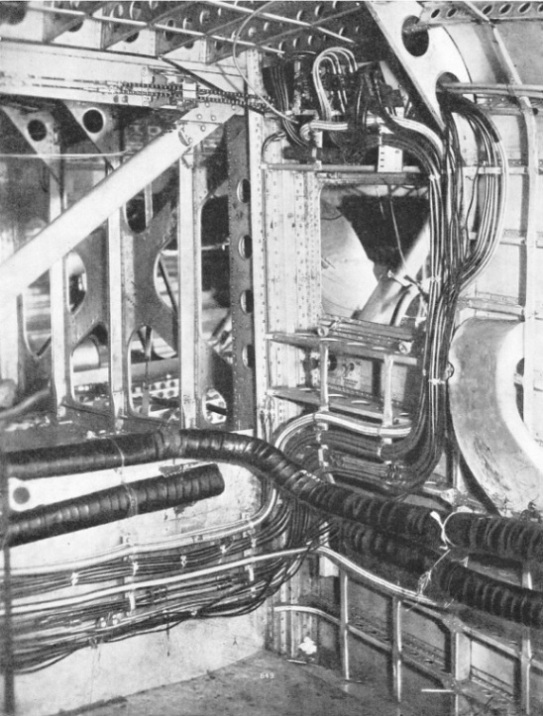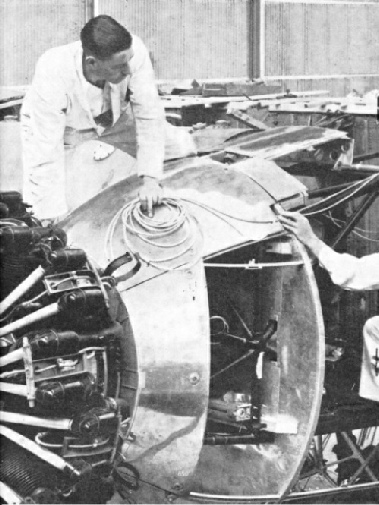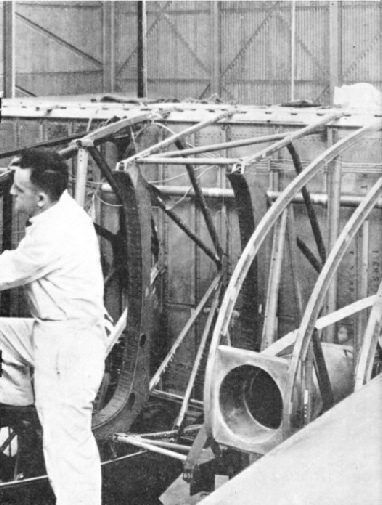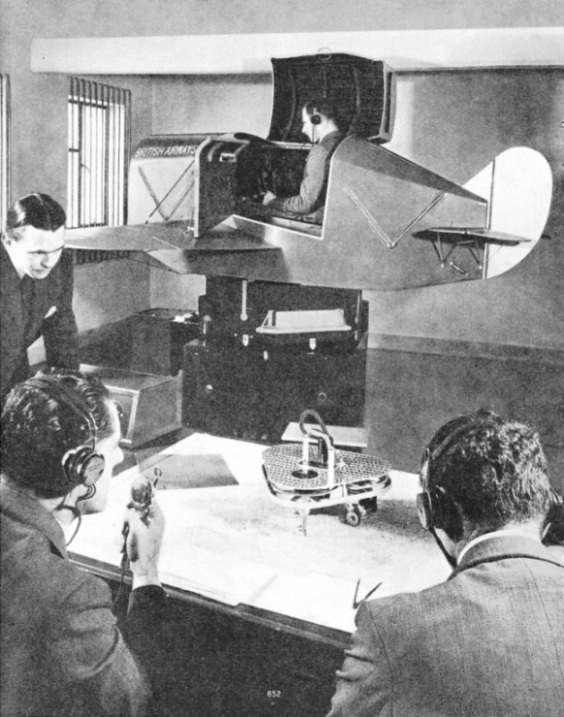
© Wonders of World Aviation 2015-


Part 24
Part 24 of Wonders of World Aviation was published on Tuesday 16th August 1938, price 7d.
This part included a central photogravure supplement further illustrating the article on Aircraft Electrical Equipment. The final section of the photogravure supplement illustrated the article on The Link Trainer.
The Cover
This week’s cover shows a Walrus being catapulted from HMS Sheffield, while the vessel was under way. The Walrus is a single-engined amphibian, specially designed for fleet-spotting duties.
An article on Catapults for Aircraft appeared in Part 15 and Part 16.
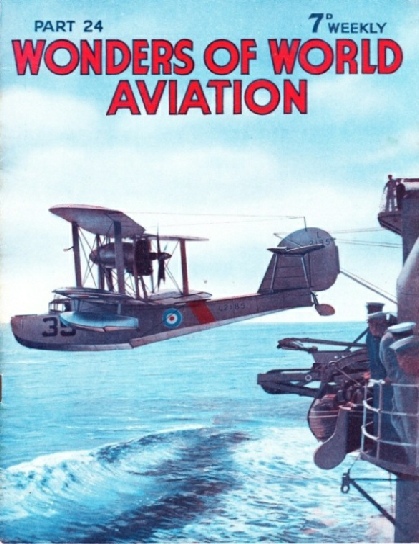
Contents of Part 24
Kite Balloons (Part 2)
This chapter describes the development of the kite balloon from its experimental days until now. The article is concluded from part 23.
Representative British Service Aircraft - 1
The story of Otto Lilienthal, who spent twenty-
This chapter is the eleventh in the series on Makers of Air History.
Aircraft Electrical Equipment
An aeroplane of today may have four or more generators, two or more batteries, and half a dozen motors for the lifting and lowering of retractable undercarriages or the movement of gun turrets, flaps and trimmers. This chapter fully describes the maze of wiring and electrical accessories hidden by the smooth exterior of an aeroplane.
One of the most interesting and important training devices is the Link trainer, which is the result of many years’ attempts to produce a device to simulate on the ground the impressions of flying. The inventor of the idea on which the Link trainer was based was Edwin C. Link, who was a flying instructor and an expert on the manufacture of automatic pianos. When instrument flying grew in importance the Link trainer was developed by its inventor with Casey Jones, an American racing pilot, and with other pilots and engineers.
East of the Baltic
The air routes of Finland are an outstanding example of pioneer work which has led to a high degree of modern efficiency. The internal air routes of Finland are being developed to open an aviation corridor to the Arctic Ocean, to link with the international routes that now end at Helsinki. Many climatic and topographical difficulties have been overcome by the Finns in their efforts to establish services connecting with neighbouring countries and to provide internal air services.
This is thirteenth article in the series Air Routes of the World.
Italian Enterprise (Part 1)
Italy's contribution to aviation has been particularly varied and vigorous. In this chapterthe various records of all kinds that have been made by Italian aviators throughout the history of aviation are described. The article is concluded in part 25.
Aircraft Electrical Equipment
Photogravure Supplement
THE INTRICATE WORK INVOLVED in the installation of the electrical equipment is illustrated by this photograph of part of the wiring in a Short Empire Flying boat. When corners and right-angle bends have to be negotiated, care is taken to run the cables in an easy curve so that undue strain and the development of mechanical breaks are avoided.
The Link Trainer
Photogravure Supplement
THE PILOT IN THE LINK TRAINER is in communication with the instructor at the desk by means of a microphone and headphones similar to those he would use when flying an air liner. Special electrical apparatus enables the instructor to transmit signals which sound identical with those heard by the pilot when flying.
Aircraft Electrical Equipment Photogravure Supplement - 2
INTERFERENCE PRODUCED BY ENGINE IGNITION tends to reach the radio apparatus by induction from the various wires in the aeroplane. To reduce this induction to a minimum the cables are screened and the sparking plugs are hooded with metal covers which are bonded with the other metal parts of the aircraft. This photograph shows some of the wiring in the vicinity of one of the engines of the Ensign air liner being fitted into place.
